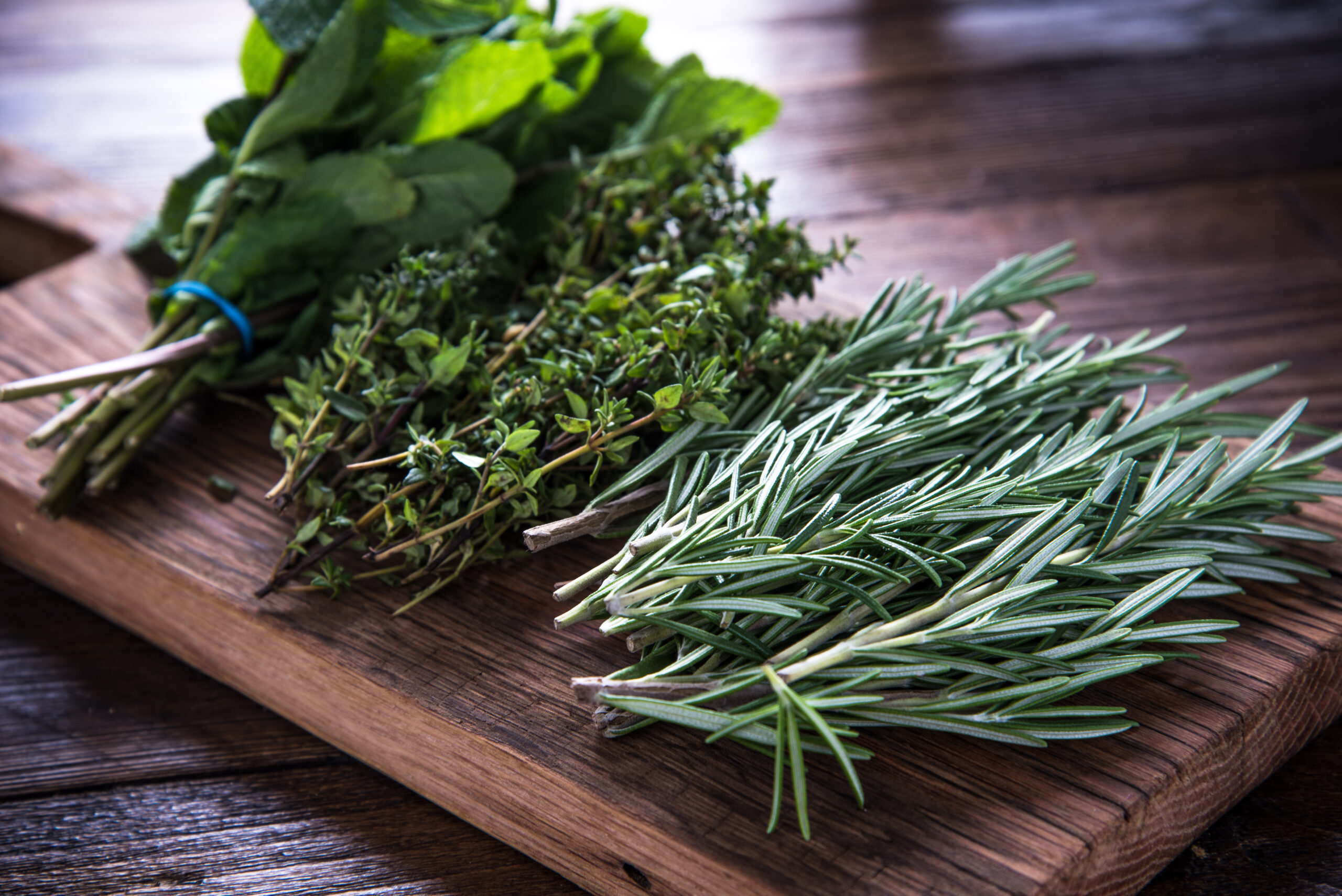The Different Types of Herbs and Their Health Benefits
Herbs have been integral to human health for thousands of years. Across various cultures and civilizations, they have been revered for their medicinal properties, flavors, and scents. From the vast expanse of nature’s green pharmacy, here’s an exploration of different types of herbs and their myriad health benefits.
1. Basil (Ocimum basilicum): A cornerstone of Italian cuisine, basil is much more than just a culinary herb. Rich in vitamins and minerals, it also contains essential oils with anti-inflammatory and antibacterial properties. Basil helps in combating stress by acting as an adaptogen, supports heart health, and boosts the immune system.
2. Turmeric (Curcuma longa): This bright yellow herb, a staple in Indian cooking, is renowned for its anti-inflammatory properties, primarily due to its active compound, curcumin. Turmeric aids in joint health, supports brain function, and offers potential benefits in reducing the risks of chronic diseases.
3. Peppermint (Mentha × piperita): Peppermint is more than just a refreshing flavor for gum and toothpaste. It’s a digestive aid that helps alleviate symptoms of irritable bowel syndrome (IBS) and reduces flatulence. Additionally, peppermint oil can provide relief from tension headaches and migraines.
4. Echinacea (Echinacea spp.): Popular in many cold remedies, echinacea boosts the immune system and is believed to reduce the symptoms of colds and flu. While scientific consensus is still developing, many users swear by its effectiveness.
5. Ginger (Zingiber officinale): A spicy root used in a variety of dishes, ginger is famous for its anti-nausea effects, especially for motion sickness and morning sickness during pregnancy. It also possesses anti-inflammatory properties and may help lower blood sugar levels.
6. Rosemary (Rosmarinus officinalis): More than a fragrant herb for roasts, rosemary contains antioxidants like rosmarinic acid that combat oxidative stress. It may also support cognitive health and is being studied for its potential role in combating Alzheimer’s disease.
7. Lavender (Lavandula angustifolia): Revered for its calming scent, lavender aids in sleep and relaxation. Lavender oil is often used in aromatherapy to reduce anxiety, and its topical application can help heal minor burns and insect bites.
8. Milk Thistle (Silybum marianum): This herb is celebrated for its liver-protecting qualities. Its active compound, silymarin, acts as an antioxidant, supporting liver function and protecting the organ from toxins.
9. St. John’s Wort (Hypericum perforatum): Traditionally used for mood disorders, St. John’s Wort has shown promise in treating mild to moderate depression. However, its interaction with several medications necessitates caution and consultation with a healthcare provider.
10. Ginseng (Panax spp.): Revered in traditional Chinese medicine, ginseng is believed to boost energy, lower blood sugar, and reduce stress. It is an adaptogen, helping the body resist different kinds of stressors.
11. Dandelion (Taraxacum officinale): Often considered a weed, dandelion leaves are nutrient-rich and have diuretic properties. Its root may support liver health and act as a digestive tonic.
12. Oregano (Origanum vulgare): Beyond its flavoring capabilities, oregano contains potent antioxidants and has antibacterial properties. Oregano oil, in particular, is known for its potential to combat harmful bacteria.
Conclusion: Herbs have enriched our lives, not just by flavoring our foods but by fortifying our health. Embracing these natural remedies can provide a plethora of benefits, from boosting immunity to alleviating daily stresses. However, it is always prudent to consult with healthcare professionals before making any significant changes to one’s health regimen, as herbs can interact with medications and other treatments. The beauty of herbs is that they remind us of the age-old connection between nature and well-being, offering a green touch to our modern lives.
